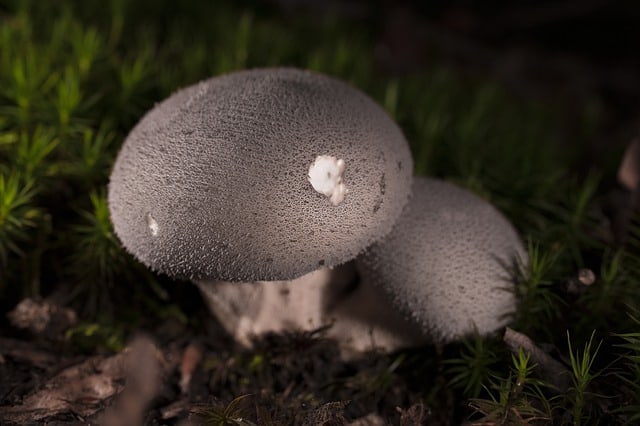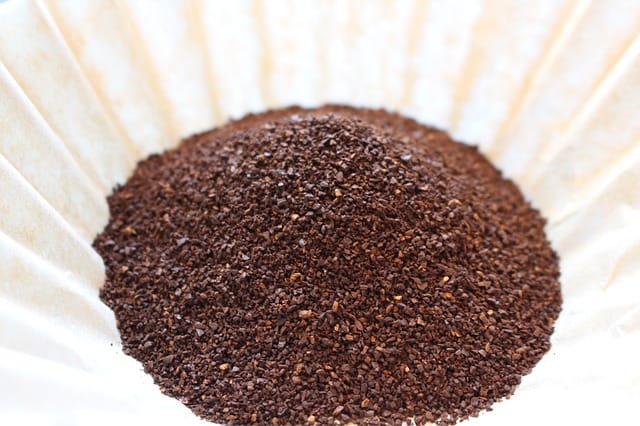The current price of the Ginseng plant is around $500 – $1000 per pound. The ginseng plant is produced under very demanding growing conditions, and cannot be widely produced due to some legal restrictions. This causes the price of Ginseng to be high.
How Much Money Per Pound Can Illegal Harvesters of Wild Ginseng Receive?
The average price of wild ginseng is $500 -1000 per pound. Production and harvesting of wild Ginseng are illegal.
For this reason, wild Ginseng sold on the black market tends to be solder at a higher rate due to increased risks.
Can You Make Money Selling Ginseng?
Ginseng breeding is a very profitable profession. However, as in every profession, Ginseng sales and cultivation has some difficulties.
If you are a wild Ginseng collector this can be a bit more challenging. You must have sufficient knowledge and experience plus the necessary permits to sell what you find.
If you plan to grow Ginseng indoors, you need to provide adequate environmental conditions and have the necessary equipment, including cultivation permits.
Although it is a bit difficult to start Ginseng production due to government restrictions and legal responsibilities, the profit to be obtained after production is worth the effort.
You can produce 100 kilos of roots on half an acre of land. This will generate a huge profit if you are able to find reliable sources to sell to.
You can earn $100,000 profit from mature roots alone.
Why is Ginseng Worth So Much?
The Ginseng plant has been popular for centuries. The Ginseng plant was applied to prevent many diseases in the past and including immune system boosts and to treat migraines and blood pressure problems.
This healing nature of Ginseng increases the demand, and market prices are increasing daily. With the increasing demand, Ginseng plants cultivated in large farms are exported all over the world.
Another desirable feature of the Ginseng plant is that it is one of the most effective aphrodisiacs known in the world. Ginseng root, which is used as a natural sexually enhancing supplement and medicine, is a very useful mixture to increase the libido and blood flow to the genitals.
These mixtures can be bought as pastes, liquids, and tablets and have made an incredible impact on the self-care market.
Ginseng is also used in aromatherapy of other treatments to promote relaxation and meditative states.
Due to its wide utility, there is almost a never-ending demand for Ginseng, but the Ginseng plant, despite being robust and hearty, is decreasing in numbers due to overharvesting and improper collection procedures.
Why is Growing Ginseng Illegal?
One of the main reasons why growing Ginseng plants is illegal is to prevent overproduction and unconscientious harvesting and selling.
The reason for this is that Ginseng contains many different powerful antioxidants and can cause various serious health problems due to improper consumption.
In particular, Ginseng, which triggers some heart diseases, can cause serious discomfort if used for a long term or incorrect dosages are prescribed.
Therefore, Ginseng plants can only be grown by obtaining the permission of the state in countries such as Korea and Japan, especially in America.
Producers who follow the legal process for Ginseng production can produce as many Ginseng plants as they want on their land, and sell to permitted distributors.
Is Selling Ginseng Illegal?
The sale of Ginseng to the general public is not illegal, but all sellers must obtain a permit or license to sell, which requires them to demonstrate safe practice. The production and sale of Ginseng are restricted by the state or country, Japan, Korea, and the United States, have the strictest Ginseng sales laws.
If the Ginseng plant is over 5 years old and fully mature, this plant can be harvested and exported. In addition, the export of Ginseng roots grown in national forest areas or protected lands is strictly prohibited. this is to ensure the survival of the species through reproduction.
If the sale of Ginseng is done within the law, it is completely legal and does not constitute any crime.
Is Growing Ginseng Profitable?
Ginseng breeding is a very profitable business. Especially today, with the rapid rise of alternative medicine, many people use healing plants to seek a cure for their illnesses.
The Ginseng market is high, with much profit to be had for those who cultivate and sell. The market offers many breeders the opportunity to make expand their businesses as Ginseng can be produced in many forms and is constantly evolving.
For example, Ginseng flakes, which are frequently encountered in countries such as America, Japan, and Korea, have recently entered the Chinese market intensively.
Companies that offer most of their exports to the Chinese market double their turnover with their large profit margins.
How Can I Buy Ginseng?
The most reliable way to buy Ginseng is from pharmacies or health food stores. In addition to this, you can order from many stores over the internet and any form of Ginseng you wish.
It is very important to buy Ginseng from a reliable store in order to protect your health. You should not buy unknown brand products from unknown stores.
Due to some health problems caused by Ginseng over long-term use, you should do your research and consult a doctor before using the herb if you feel it is necessary.
Who Pays The Most For Ginseng?
Currently, China pays the most for Ginseng. Chinese companies will pay anywhere from $9000 per pound for Ginseng as the demand is so high.
The Chinese are especially fond of American grown Ginseng. This is because the Chinese know that American Ginseng is of good quality due to the heavy regulations imposed on breeders and sellers.
American Ginseng is associated with Native American healing practices. This is very attractive to Chinese healers who wish to get hold of this exotic species of Ginseng and adhere to similar healing practices.
In Chinese medicine, certain plants have a heating and cooling element. Chinese Ginseng is a ‘hot’ herb, whereas the American variant is a ‘cool’ herb and can be used to treat additional ailments that Chinese Ginseng cannot.


